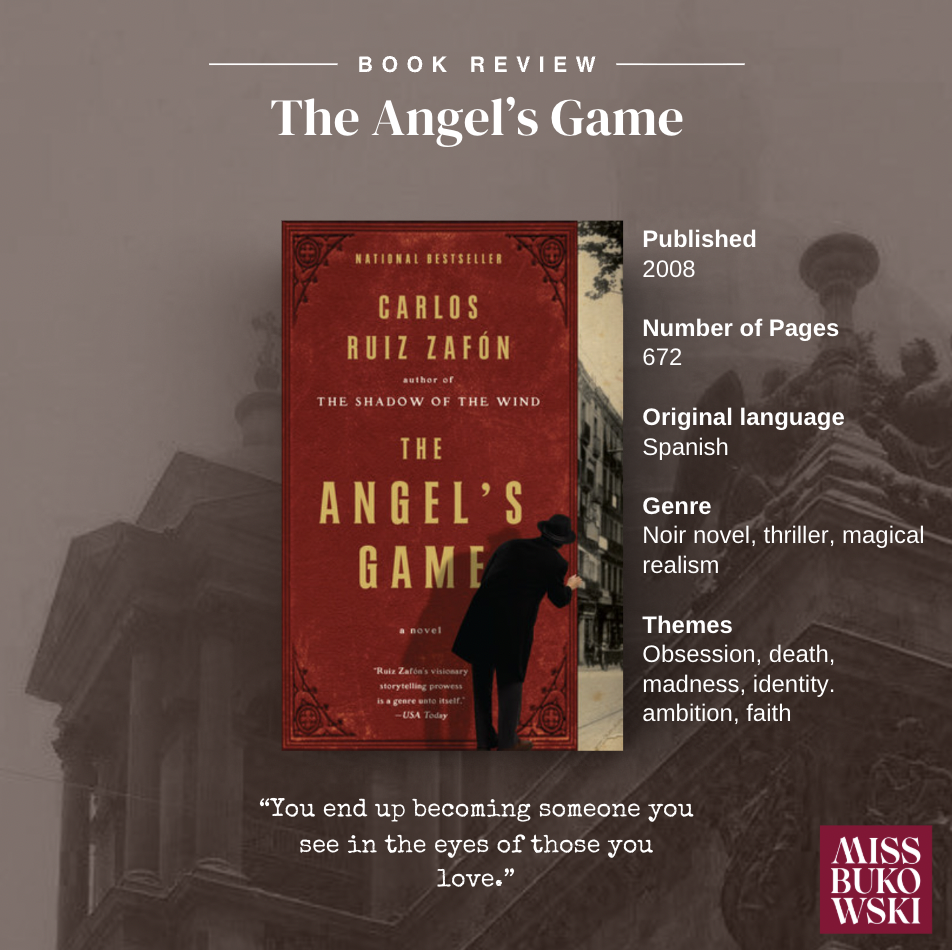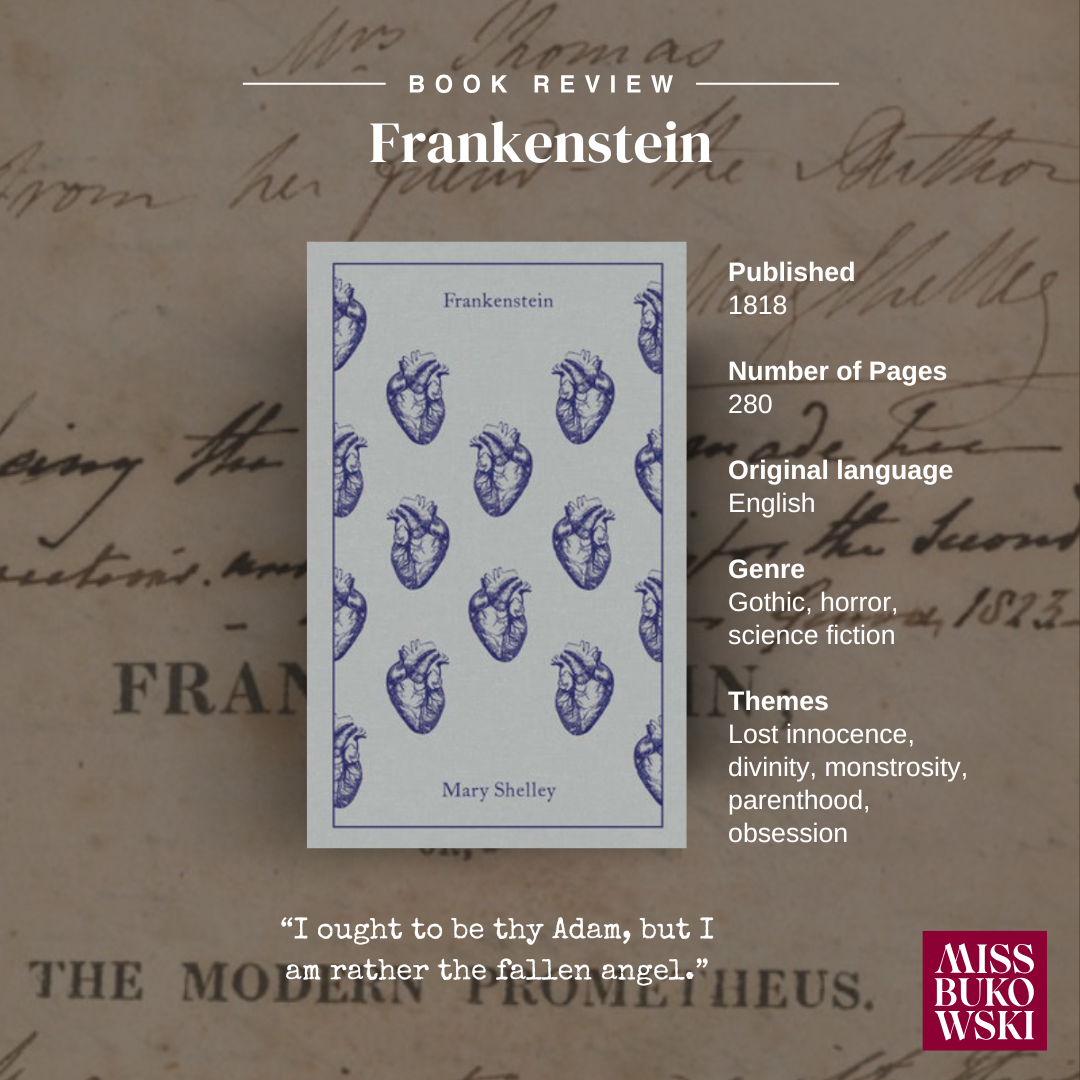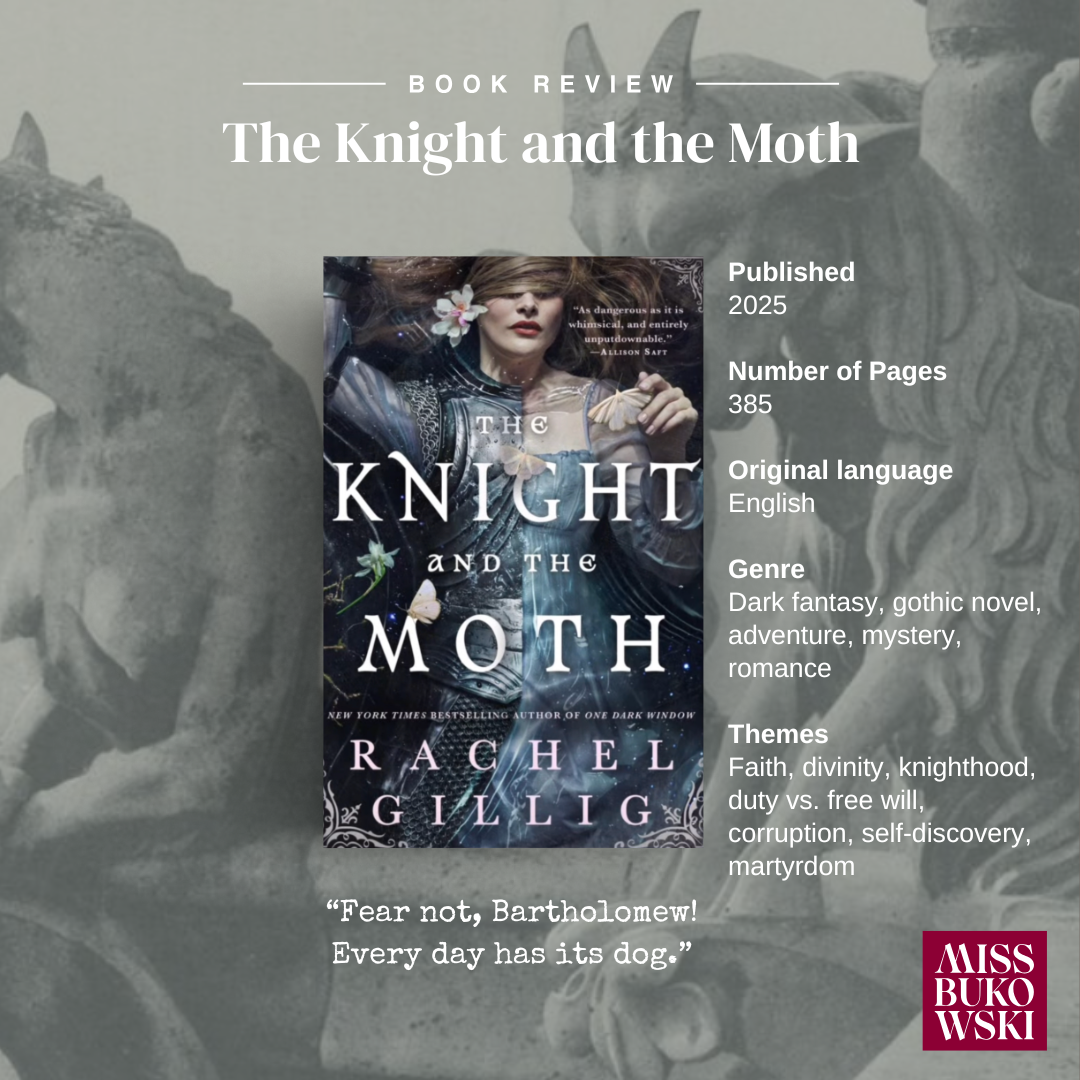The Facts
- Published: 2008
- Original language: Spanish
- Genre: Noir novel, thriller, psychological, magical realism
- Number of pages: 531
The Angel’s Game is one of Carlos Ruiz Zafón’s most intricate achievements, a novel that fuses gothic sensibility with philosophical inquiry. Beyond its atmospheric portrait of Barcelona, it meditates on the seduction and danger of storytelling itself—how narratives shape our realities, entrap our desires, and blur the boundary between creation and self-destruction. Zafón structures the book like a labyrinth, where every corridor leads deeper into questions about authorship, morality, and the price of genius. Its perfection lies not in tidy resolution, but in the way it mirrors the very essence of literature: an endless dialogue between light and shadow, truth and illusion.
The Gist
The novel centers on David Martín, a gifted but tormented writer in 1920s Barcelona. He ekes out a living writing lurid crime serials under a pseudonym while harboring dreams of serious literary success. His personal life is equally complicated: he’s in love with Cristina, the daughter of his mentor, Pedro Vidal, but is painfully aware of the difference in their social stations.
David’s life changes when he moves into a crumbling, eerie mansion on Avenida del Tibidabo. The house feels alive with secrets, and he discovers strange traces of its former inhabitants—writers who also seemed to fall under its spell.
Then comes the arrival of Andreas Corelli, a mysterious French publisher who offers David an extraordinary commission: to write a book that will inspire an entirely new religion, a scripture capable of changing the hearts and minds of humanity. The reward is immense wealth, but also—seemingly—the restoration of David’s failing health, as he has been diagnosed with a terminal illness.
At first, the deal feels miraculous. David regains his strength and begins writing with feverish devotion. But soon, he realizes that everything around him is entangled with Corelli’s sinister influence. The mansion’s past reveals itself: earlier writers who took on similar commissions either went mad or died under violent, mysterious circumstances.
David uncovers a conspiracy tied to religion, power, and literature. Friends and loved ones begin to suffer inexplicable tragedies. Cristina, the woman he loves, becomes further out of reach as she marries Vidal. Isabella, a bright and ambitious young woman who becomes David’s assistant, develops a profound bond with him, offering a kind of loyalty and light that contrasts with the darkness closing in.
The more David investigates, the more he realizes that Corelli may not be human at all, but rather a demonic or supernatural figure—a patron who promises genius, health, and success at the cost of the soul. The book he has been commissioned to write isn’t just literature; it’s a tool of manipulation, a scripture designed to reshape reality.
By the end, David’s world collapses. His pursuit of love and artistic greatness leaves him isolated, haunted by death, betrayal, and guilt. Corelli vanishes, but his presence lingers, a reminder that bargains with shadowy powers are never truly broken.
Reasons why I adore this book and the saga, The Cemetery of Forgotten Books










